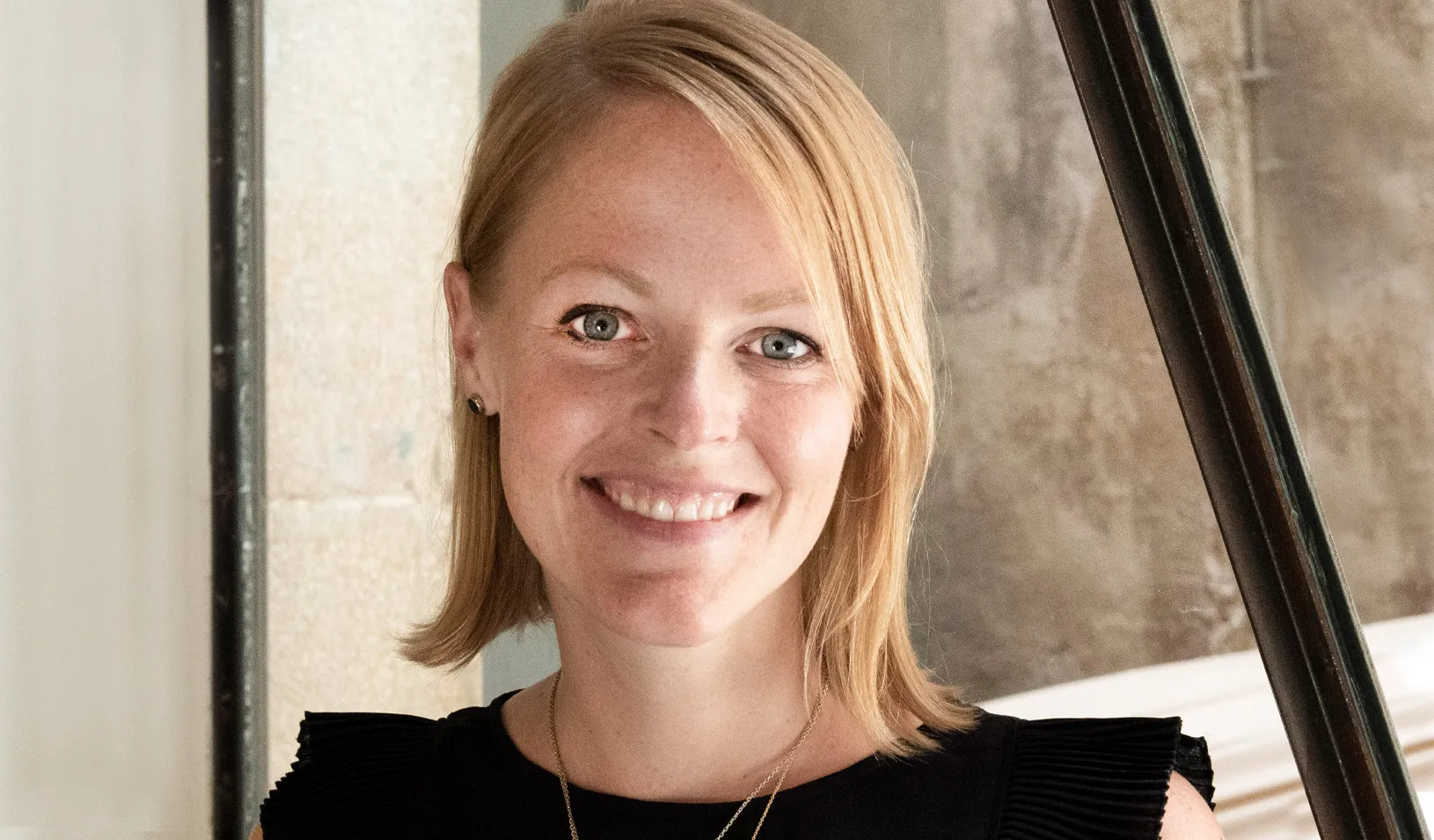New Stanford Executive Program Focuses on Building Competitive Advantage Through Non-Market Forces
Business doesn’t operate in a vacuum; it’s buffeted by the unpredictable winds of government, the media, and countless other influential groups.
April 07, 2016

Program participants learn how companies can build strategies that account for regulatory constraints, and how those regulations can be leveraged for a competitive advantage.
New Stanford Executive Program Focuses on Building Competitive Advantage Through Non-Market Forces
A unique Stanford Executive Education program debuting in August teaches business leaders how to harness non-market forces to create a competitive edge for their companies.
Strategy Beyond Markets: Building Competitive Advantage Through Government Relations and Public Affairs, is a highly-focused, one-week program offered by the Stanford Graduate School of Business in collaboration with Stanford University’s Vice President of Public Affairs. It will be held August 21-26 at the state-of-the-art Knight Management Center, home of Stanford GSB. Application deadline is July 15, 2016.
Business leaders routinely develop market strategies to account for interactions with suppliers, customers, employees, and competitors. Just as critical is how a firm deals with beyond-market forces – governments, regulatory agencies, the media, courts, and influential groups such as NGOs and activists. The effects of those forces are in the headlines daily: Pfizer cancels a $160 billion merger deal with Allergan after the U.S. Treasury takes action on corporate inversions. Uber successfully disrupts the heavily regulated taxi and limousine industries in multiple cities to ensure ongoing market success. PayPal cancels a major expansion into North Carolina following the state’s adoption of a law limiting protection for the LGBT community. Toyota works with California government to allow the Prius into HOV lanes with only one occupant, creating a market advantage for its car.
Dissection of real-time cases like these, along with cutting-edge academic research, teaches participants how a company’s interaction with beyond-market forces impacts its practices, reputation, and performance. Executives receive immediate practical skills and frameworks they can use to create proactive strategies to both anticipate and successfully manage such forces, said program co-director Steven Callander, professor of political economy at Stanford GSB.
“Strategy Beyond Markets is intended to equip today’s leaders and tomorrow’s future leaders with tools they can implement on the day they return to their organization,” he said. “How an organization handles a crisis can have short-term and long-term impact on an organization’s reputation and ability to participate in the marketplace.”
Program participants learn how both startups and established companies can build strategies that account for regulatory constraints, and how those regulations can be leveraged for a competitive advantage. The nature of crisis also is examined, whether as a result of a company’s own missteps or from strategic activism or media action. Faculty-led sessions will feature topics including innovation and regulation, antitrust, strategic corporate social responsibility, using Big Data to measure stakeholder sentiment, managing social and shareholder activism, legislative showdowns, global and institutional change, and entrepreneurship in the shadow of regulation.
Kenneth W. Shotts, the David S. and Ann M. Barlow Professor in Political Economy at Stanford GSB, co-directs. Program advisor is David F. Demarest, Stanford’s vice president for public affairs, whose experience includes four years as an assistant to President George H.W. Bush, and as a member of the White House communications senior staff. Participants hear from top-level guest speakers from government and public affairs, including political science experts from Stanford’s Hoover Institution, and participate in discussions on “What’s Hot,” in government affairs, including recent legislation and the implications of the upcoming U.S. presidential election.
At the conclusion of the program, participants leave understanding and anticipating the risks posed to their firms by policymakers, interest groups, stakeholders, and the media, and how their company can create a strategy to proactively influence these key groups. They learn how different companies have handled crises and how their company might handle a crisis, and leave the program having built a strong network of peers with whom to share ideas and experience.
Strategy Beyond Markets: Building Competitive Advantage Through Government Relations and Public Affairs is designed for a global audience, although it includes some U.S.-specific content (such as antitrust). Ideal applicants are senior-level executives with at least 10 years’ experience from any size or type of company in any industry; executives from large global companies that face challenges in a range of different institutional areas; and leaders of startups or smaller organizations seeking creative ways to build competitive advantages. The application process ensures a high-quality cohort.
Strategy Beyond Markets: Building Competitive Advantage Through Government Relations and Public Affairs is one of three new Stanford Executive Education offerings introduced this year. The Stanford Executive Program for LGBT Leaders is the first executive education program offered by a leading business school to address the significant gap in LGBT leadership in the C-suite, and the Innovative Health Care Leader: From Design Thinking to Personal Leadership program is a trailblazing academic partnership between Stanford’s schools of business and medicine, designed for executives who seek to drive innovation in their health care organizations.
By Beth Jensen
For media inquiries, visit the Newsroom.
Explore More
Erin Nixon Joins Stanford GSB as Assistant Dean of Admissions

Nia Rose Froome, MBA ’23: Making Local, Fresh Food Available for All

New Research Fund Promotes Responsible Leadership for the Next Century
